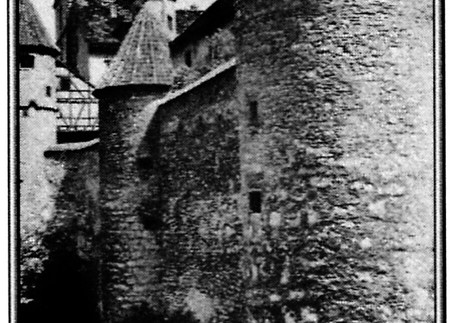We find him a student at Cologne and Paris (1506), in Spain (1507-08), a teacher of Hebrew at D"le (1509), a teacher in England (1510), about which time he finished his work De occulta philosophiâ (Antwerp, 1531), a mixture of Neoplatanism and the Cabbala. He spent some time in Italy in the military service of the Emperor Maximilian, who rewarded his bravery by making him a Ritter or knight. He soon turned however, to other pursuits, studied medicine, Hebrew, alchemy, theology, and finally devoted himself to 'Cabalism' under the influence of Reuchlin (q.v.) and Raymund Lully (q.v.). He lived and taught in various places, making friends or enemies wherever he went, but was apparently not very successful financially, as he was banished from Cologne for debt, and spent his last days in poverty, a typical example of the irregular, vicissitudinous life led by his kind at that time.
His numerous works, chiefly philosophical, have a strong bias toward 'occultism', and run counter to the received opinions of his time in theology and scholastic philosophy. He lived and died nominally a Catholic, but was openly in sympathy with Luther, whose tone towards the Church and her institutions he adopted, while professing that he was merely attacking abuses, not the Church, an attitude frequently assumed at that period.
source: Catholic Encyclopedia
